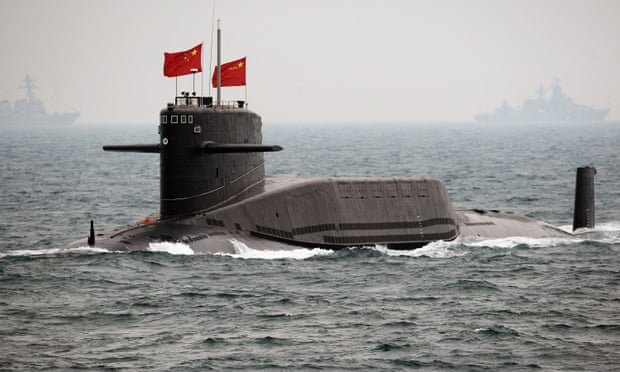http://www.outlookindia.com/magazine/story/president-modis-office/297211
All right-thinking citizens should cherish how the PMO is game-changing India, and that too with just watchful eyes and invisible hands
Srivatsa Krishna
As one takes a hard look at the last two years of the Modi administration, while there have been some disappointments in terms of pending promises, there have been significant achievements, which would be of huge value to any economy. This piece looks at these achievements through the lens of IAS officers in the all-powerful PMO and check whether it is indeed “the worst PMO ever”, as was averred by one of India’s most influential commentators, Arun Shourie. Moreover, it tries to, as an outsider with some inside perspective, analyse the major leitmotif underlying the working of the PMO, what drives it and what its drawbacks may be.
First, unarguably, this PMO is a reflection, and has the unmistakable stamp, of India’s first presidential prime minister, Narendra Modi. The campaign he led was a remarkable success. It was a presidential campaign and as such it is no surprise that the broad complexion of the PMO is of a strong and presidential one that excels in driving the ministries to perform.
One example alone would drive home the point of the benefits of the PM’s strong, authentic leadership. His global outreach is not just giving India the moral high ground abroad, which has significant benefits at the global roundtable, but is also powering economic diplomacy of a rare kind. It is hardly known that the Rs 90,000-crore Ahmedabad-Mumbai High Speed Rail Link is happening as a result of a loan at 0.1 per cent interest over a 50-year time period from Japan, and this is because of the personal relationship that the PM fostered with the Japanese!
Second, for the first time ever, the PMO is a collection of officers and private sector staff of extraordinarily high integrity—high performers who bring to the table skills that are mutually exclusive but collectively exhaustive. Each has been handpicked for a certain skill or specialised knowledge and given the freedom to conceive and deliver. So, while the PM paints the big picture, takes quick decisions and debottlenecks obdurate ministries (and ministers), the officers build consensus and persuade the ministries to own projects and deliver. These are all firsts for any PMO ever. PMOs in the past have usually followed the bell curve when it comes to officers, but in this one, almost all of them exceed it.
Third, almost every single officer in the PMO is like electricity, invisible but indispensable, and they are on all the time. Each one has performed exceptionally, and that should be recognised and quietly appreciated.
Principal secretary to prime minister Nripendra Mishra, 72, works 24x7x365—untiringly, more than most officers half his age. His strengths are his ability to bang heads inside a room and take quick decisions on file. For example, in a matter of four meetings, he restarted the famous Enron power project by getting RGPPL, railways, power ministry and the Maharashtra government to come on one page. Today, the plant produces 500 MW. More importantly, this prevented IDBI and SBI loans of over Rs 5,000 crore from becoming NPAs!
It took the PMO just four meetings to restart the Enron power project by getting RGPPL, railways, power ministry and Maharashtra on one page.
Additional principal secretary P.K. Mishra, regarded as the PM’s alter ego, and additional secretary Bhaskar Khulbe make a kind of Kohli-Gayle partnership, where the latter is the resident Wikipedia on everything human resources. They do what Jim Collins called “Get the wrong people off the bus, get the right people on the bus”. Their unique 360-degree multi-source feedback model is exceptional and has led to another major achievement of this government: almost zero corruption in high places. Be it government or judiciary or defence or PSUs or banks or the CBI, they have ensured officials of integrity and competence occupy key decision-making positions, leading to a massive clean-up of large procurements. For the first time, officials sitting anywhere in India can aspire for key positions, without need for patronage. They have been wringing out corruption like muck from a dirty towel and this government has not got as much credit for eradicating corruption as the preceding ones got criticism for the corruption.
T.V. Somanathan, A.K. Sharma, Tarun Bajaj, Anurag Jain and Debashree Mukherjee form the brains trust of the PMO. Their exceptional intellect and attention to detail powers the PMO’s ideas, coordination among ministries and outstanding execution.





